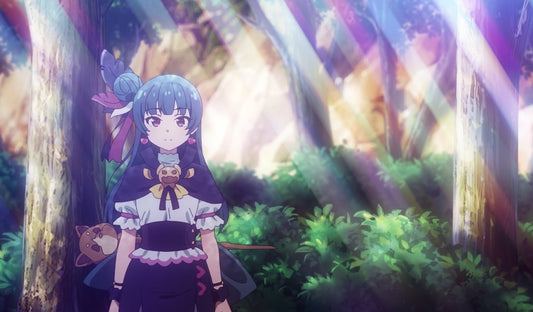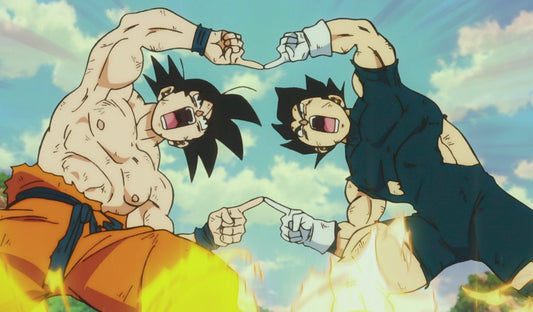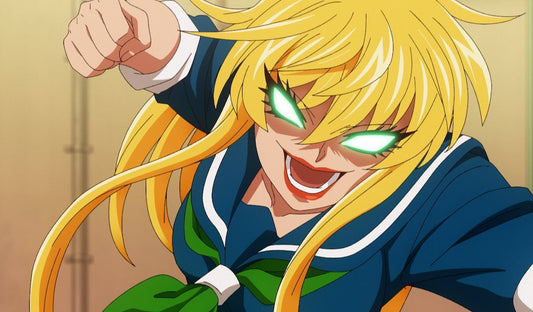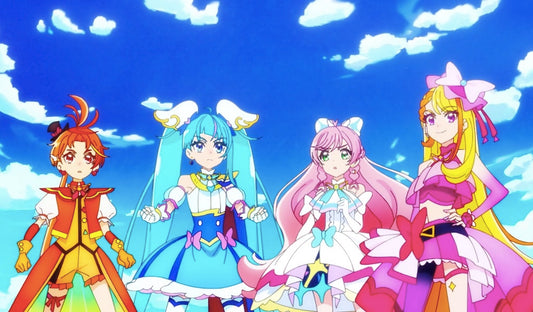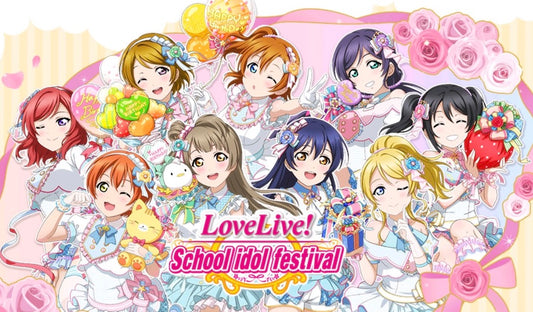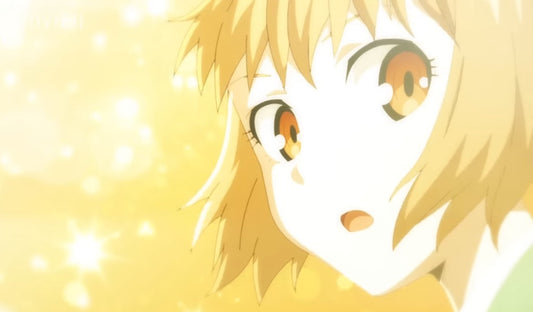Rage of Bahamut: Virgin Soul—On the Heels of Greatness
Carl LiShare
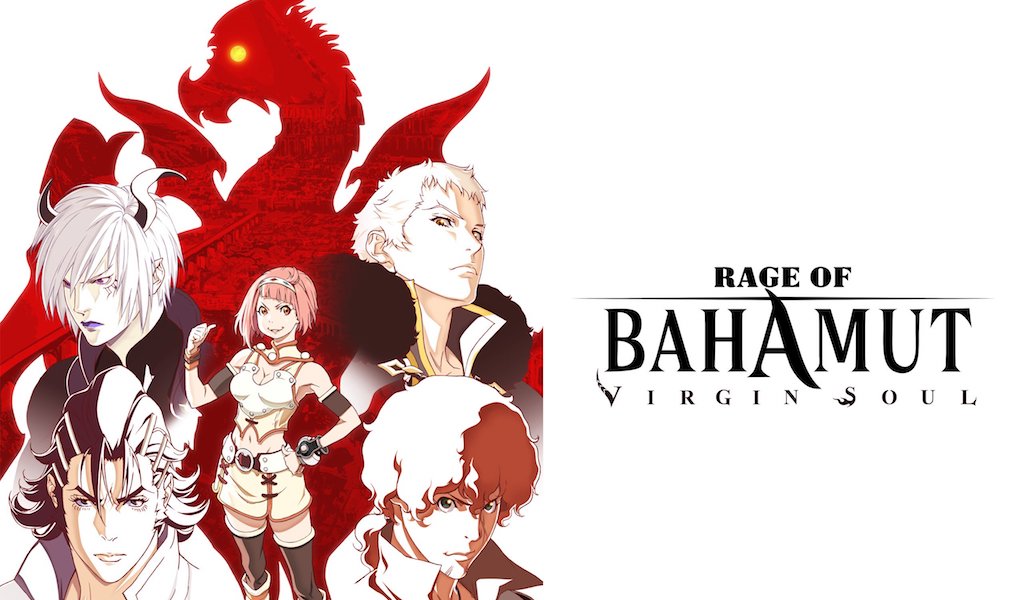

Whenever I think of great anime adaptations of mobile games, the first that comes to mind is 2014’s Rage of Bahamut: Genesis. Its world, characters, and story are remarkably entertaining and compelling. Despite my love for the series, though, I was originally unable to watch its 2017 sequel—or rather, I was unwilling to put up with the double paywall of Amazon’s now-defunct Anime Strike. But circumstances have changed, and now I’m here to lay down my thoughts on Rage of Bahamut: Virgin Soul.
Premise
Virgin Soul takes place ten years after the events of Genesis, and stars a girl named Nina Drango. Hailing from a remote dragon village, her half-dragon lineage confers upon her superhuman strength—but also the side effect of involuntarily turning into a dragon when she feels attracted to a man. Nina’s goal is to be a bounty hunter just like her master, but her journey takes Nina deeper into the ongoing conflict between the gods, the demons, and the humans of the world.
A Different Protagonist
Favaro Leone, the hero of the prequel, is a tough act to follow. He’s a classic scoundrel with a heart of gold, and a big part of what made the first series so great. In light of this, Nina can be an acquired taste. Her character is that of a small-town visitor in the big city, and her energetic heart-on-her-sleeve personality stands in contrast to Favaro’s slick attitude. While I still prefer Favaro’s antics, Nina grew on me, I found myself highly invested in her story fairly quickly.
Familiar Faces
Many of the characters from the first series make a return in the sequel, and they’re a welcome sight. I don’t want to spoil too many of them, as they factor heavily into the plot, but I think it’s important to highlight the appearance of Rita the necromancer zombie. Voiced by the ever-talented Miyuki Sawashiro, she often steals the show just as she did in the original.
Love and War
Romance is a major part of the narrative in Virgin Soul, and the mysterious man Nina first encounters on the streets and falls in love with, “Chris,” turns out to be a rather controversial figure both within the world and in terms of potential messages conveyed by the anime. As the truth comes out about Chris’s identity, the series risks saying that the love outweighs even the lives and wellbeing of the poor and downtrodden. However, I think that a closer look at the characters’ behaviors and motivations ultimately doesn’t do that, and instead points to the complicated nature of “duty” and “sacrifice.”
Closing Thoughts
It’s ironic that Virgin Soul came out a year after the international version of the Rage of Bahamut game was shut down. Anyone interested in playing after watching has had to instead utilize Japanese iTunes cards and the like to dive deeper. Nevertheless, the anime fortunately doesn’t suffer from being incomplete without an understanding of the mobile game. Combined with its prequel, Rage of Bahamut: Virgin Soul has all the action, drama, and tension I wanted out of it, and I’m glad to have finally seen it.
For a limited time, save 3% on Japan iTunes codes with the discount code: “BAHA3” through Apartment 507 until October 31st 2021.
